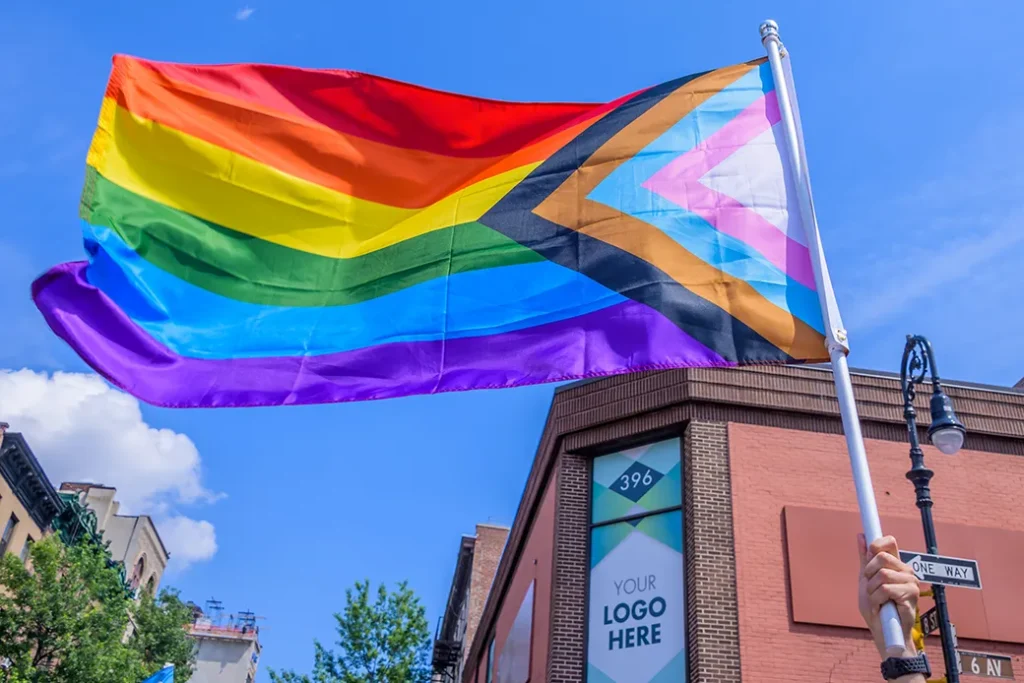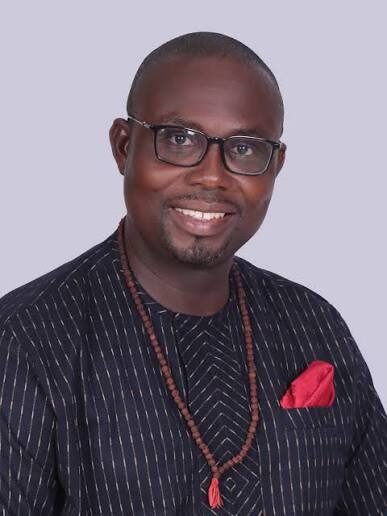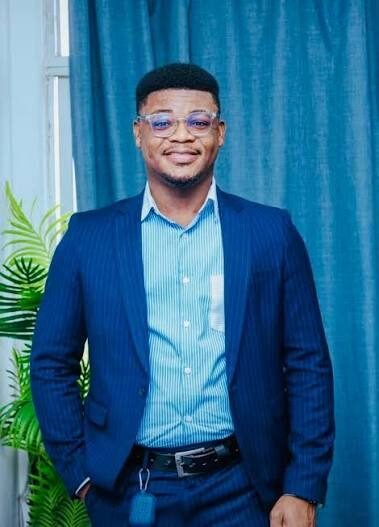On May 22, 2025, the serene atmosphere of the Ogua Hall at Elmina Beach Resort hosted a groundbreaking workshop themed “Round Table Discussion About Religion and LGBTQ+.” The event brought together an eclectic mix of voices including traditional leaders, clergy, and community advocates for a candid, respectful, and thought-provoking dialogue.
Though the event was guided by a formal program outline, time constraints led to adjustments, allowing for a more organic flow of conversations and presentations. The workshop opened with a round of introductions, offering each participant ranging from queens and a linguist to a chief, church leaders, and a Muslim representative the opportunity to share their background and perspectives.
The workshop officially began with a presentation by the Glorious Interfaith Initiative Team, setting a tone of openness and interfaith cooperation. This was followed by Denis Adufuli, who introduced the work of CRPL-Ghana (Centre for Religion and Public Life – Ghana). He detailed the organization’s mission, vision, objectives, challenges, and the lessons learned from their ongoing project on issues of faith and inclusion.
Following this, Texas Moro, a Muslim participant, shared the Islamic perspective on homosexuality. He emphasized that in Islam, all humans are created by Allah, and that while homosexuality is considered a transgression, it is not the gravest sin, idolatry holds that position. His insights sparked respectful challenges and reflections, particularly from a member of the Glorious Interfaith Initiative, who questioned whether homosexuality should be viewed as a sin at all. This moment exemplified the spirit of the event deep listening, honest disagreement, and mutual respect.
Denis Adufuli one of the facilitators then delved into the Christian perspective, focusing mainly on the Old Testament. He addressed the widespread misinterpretation of the destruction of Sodom and Gomorrah as divine punishment for homosexuality. Drawing from Genesis 18–19 and Ezekiel 16:49–50, he argued that the true biblical critique of Sodom lies in its inhospitality, arrogance, social injustice, and neglect of the vulnerable.
He clarified that while Leviticus 20:13 speaks to sexual conduct, it does not directly address the Sodom narrative. Instead, scriptures like Isaiah 56:3–5 and Genesis 6:1–8 highlight God’s broader concern for justice, inclusion, and compassion. According to the Facilitator, the Sodom story serves as a call to confront modern societal failures, such as marginalization and indifference, rather than focusing narrowly on sexuality.
His reflections prompted a series of engaging questions and insightful contributions from participants, creating a truly interactive and enlightening session.
The workshop not only challenged stereotypes and biblical misreadings but also modeled how faith-based and traditional communities can engage in difficult conversations without hatred or prejudice. It called on all present to interpret sacred texts not through the lens of stigma, but through that of solidarity, justice, and humanity.



